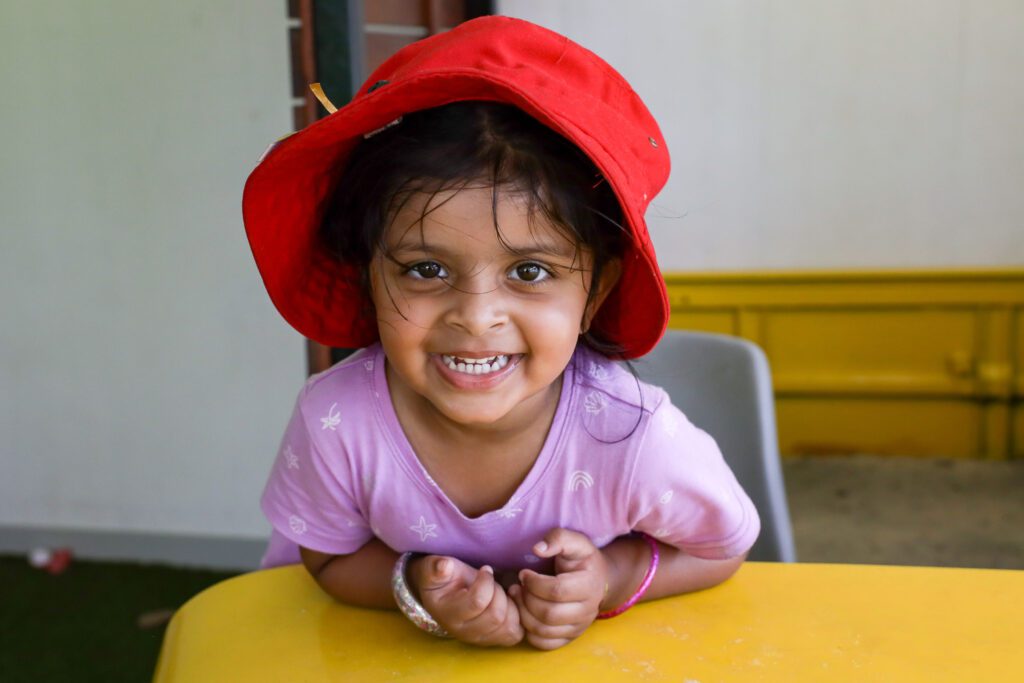
Tips From an Educator to Help Your Child Sleep Better
If sleep has been a bit hit-and-miss lately, you’re not alone.
Many families with babies, toddlers and preschoolers go through stages where bedtime suddenly feels harder. Children may wake more often overnight, resist settling, or struggle with changes to naps. When you’re already tired, it can leave you questioning whether you’re doing the right thing, or whether something needs fixing.
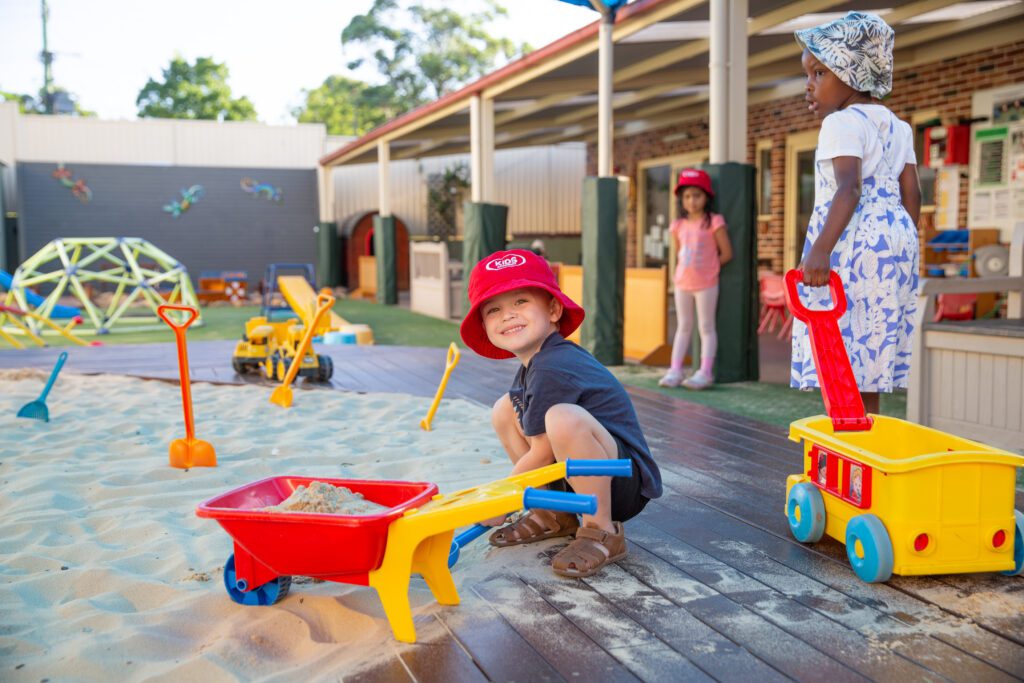
Summer Is Coming: Making Sun Safety Easy for Busy Families
Australian summers are full of fun – beach days, backyard play, park visits and long afternoons outdoors. As the warmer months approach, sun safety becomes an important part of everyday life, especially for young children whose skin needs extra care.
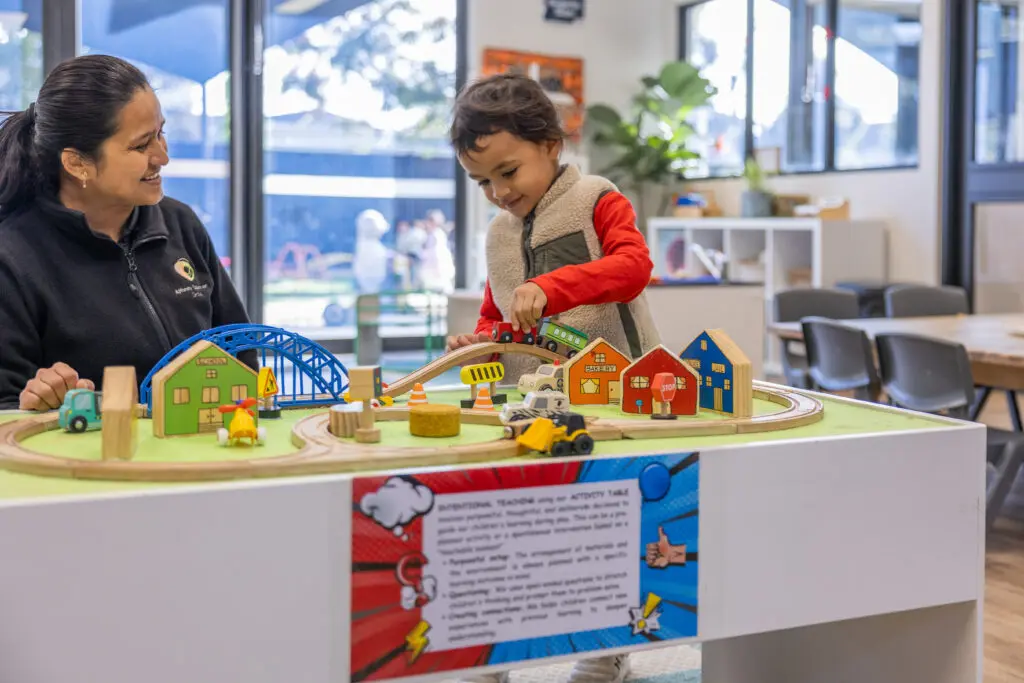
Juggling Work, Life, and the Festive Season? Casual Child Care Days Can Help
As the year draws to a close, life can feel busier than ever. Between end-of-year deadlines, school events, Christmas shopping, and social gatherings, there’s barely a moment to stop and catch your breath.
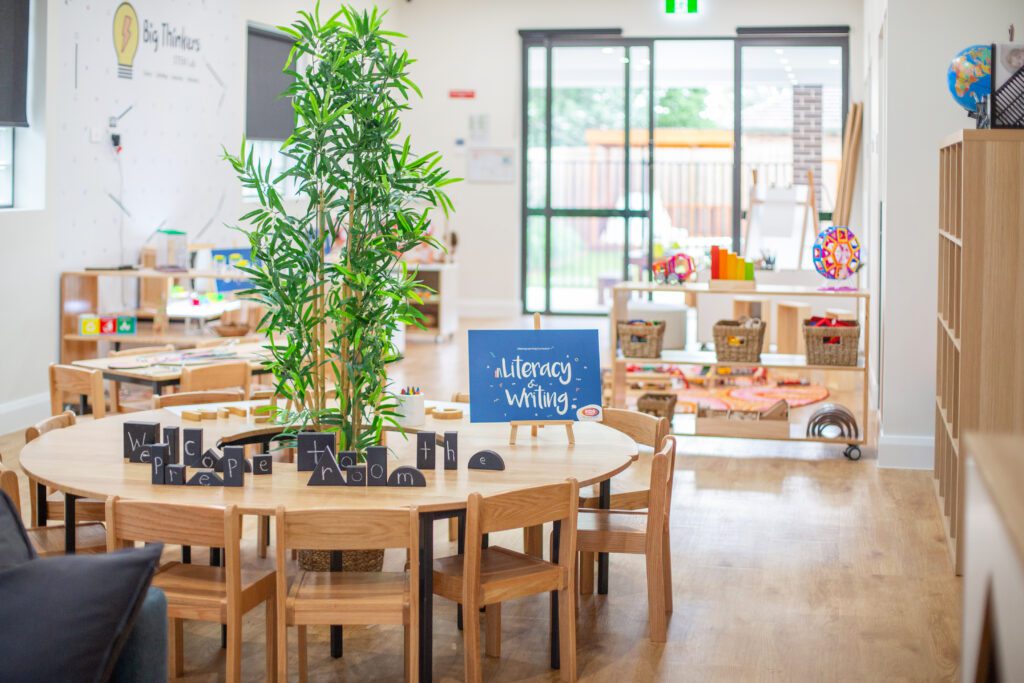
Screens & Under-5s: Finding the Right Balance in a Digital World
From video calls with grandparents to story apps and family photos on your phone, screens are woven into everyday life. For parents of young children, the real challenge isn’t avoiding screens altogether, it’s learning how to use them wisely.
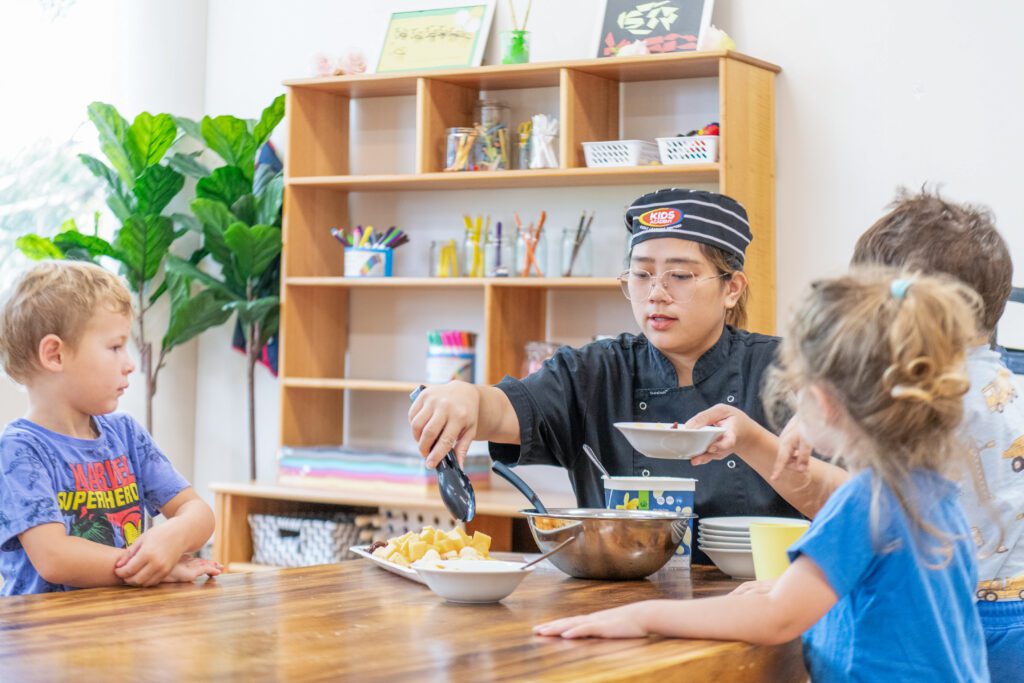
Fresh Flavours for Bright Minds: Our New Spring Menu at Kids Academy
At Kids Academy, we believe that every part of your child’s day should be designed for success, including what’s on their plate. Nutrition plays a vital role in supporting children’s physical health, cognitive development, and overall wellbeing.
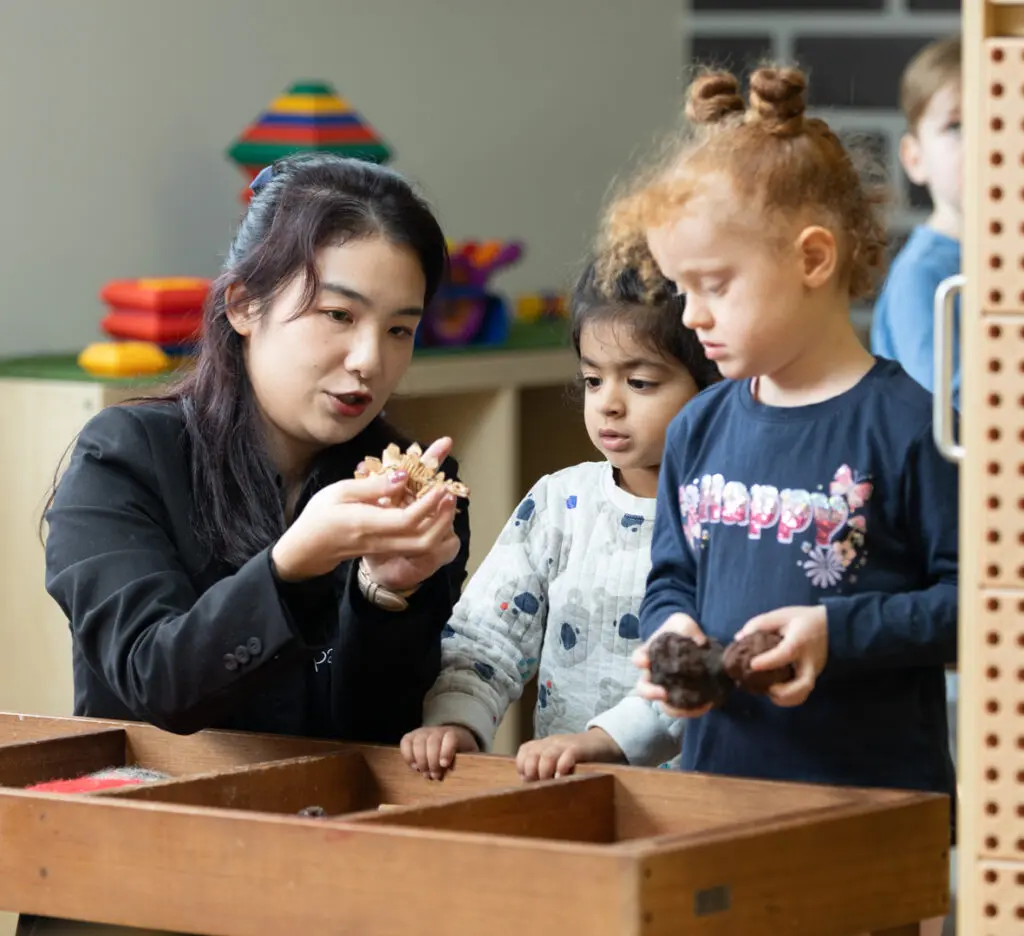
Toilet Training at Kids Academy: How We Support Your Child’s Big Step
Toilet training is a big moment for toddlers, and for parents too. At Kids Academy Early Learning, we understand that this milestone can bring excitement, a little stress, and plenty of questions. That’s why our educators partner closely with families, providing individualised support to make the process as smooth and positive as possible.
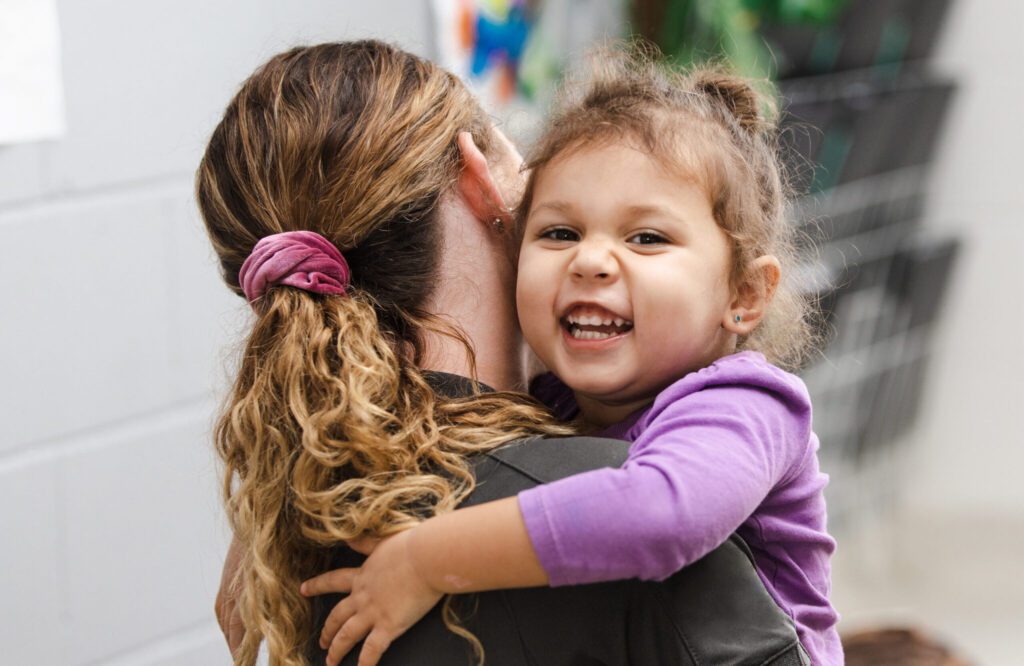
Building Confidence: Your Child’s First Dentist Visit Made Easier
Recently, I took my 3-year-old to the dentist for the very first time. We’d talked about being brave on the way, but when it was her turn, she felt too nervous to open her mouth. The dentist reassured us this was very common, and suggested she watch me at my next appointment before trying again.
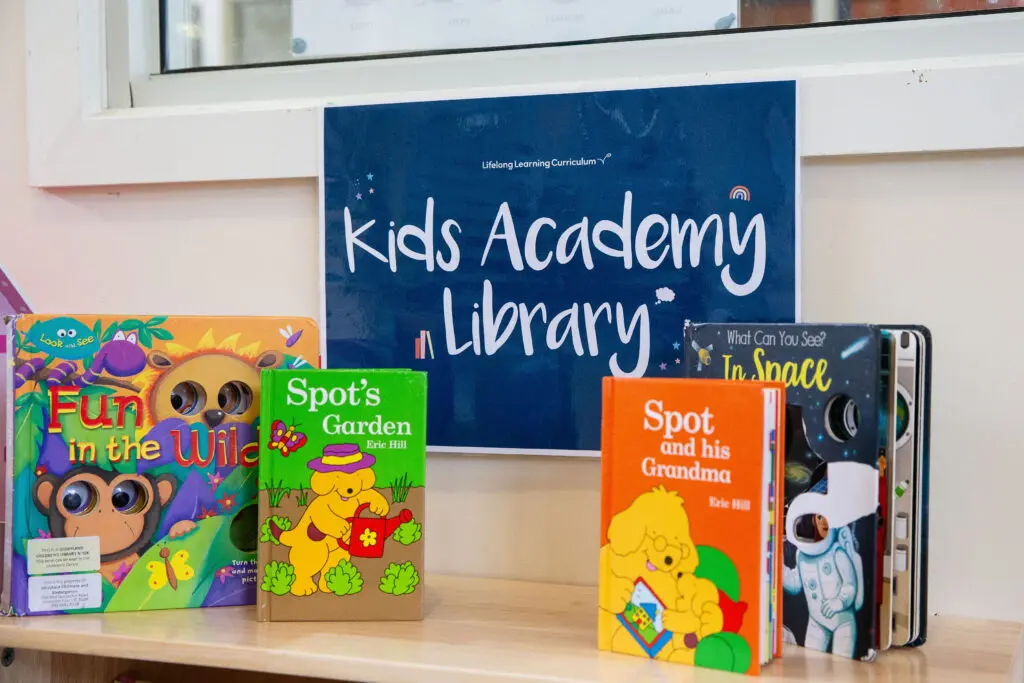
Book Week 2025: Step Into the Magic of Stories With Your Preschooler
There’s a moment, when your child’s eyes widen at the turn of a page, or when they giggle as a favourite character comes to life, that perfectly captures the wonder of Book Week.
At Kids Academy Early Learning, we believe this celebration is more than just costumes and craft. It’s about stepping into the worlds we read about, discovering new ideas, and helping children fall in love with the magic of stories.
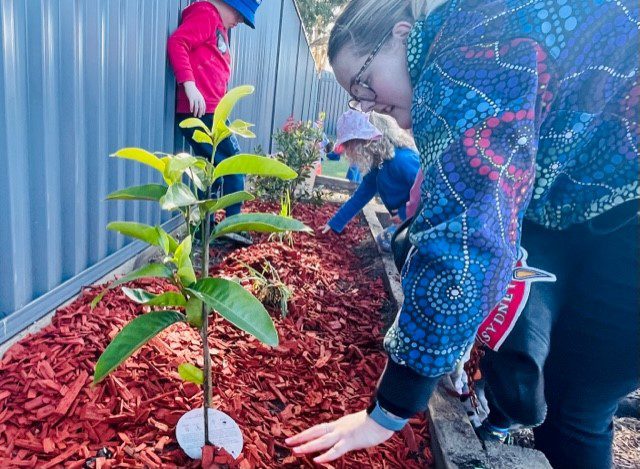
NAIDOC Week in Early Childhood: How to Celebrate with Confidence and Respect
NAIDOC Week is a national celebration of the history, cultures, and achievements of Aboriginal and Torres Strait Islander peoples. While the acronym originally stood for the National Aboriginal and Islanders Day Observance Committee, today NAIDOC Week is recognised as a time for all Australians to reflect, listen, and celebrate.
For young children, it’s an opportunity to build a genuine connection to culture, Country, and community from the very beginning.
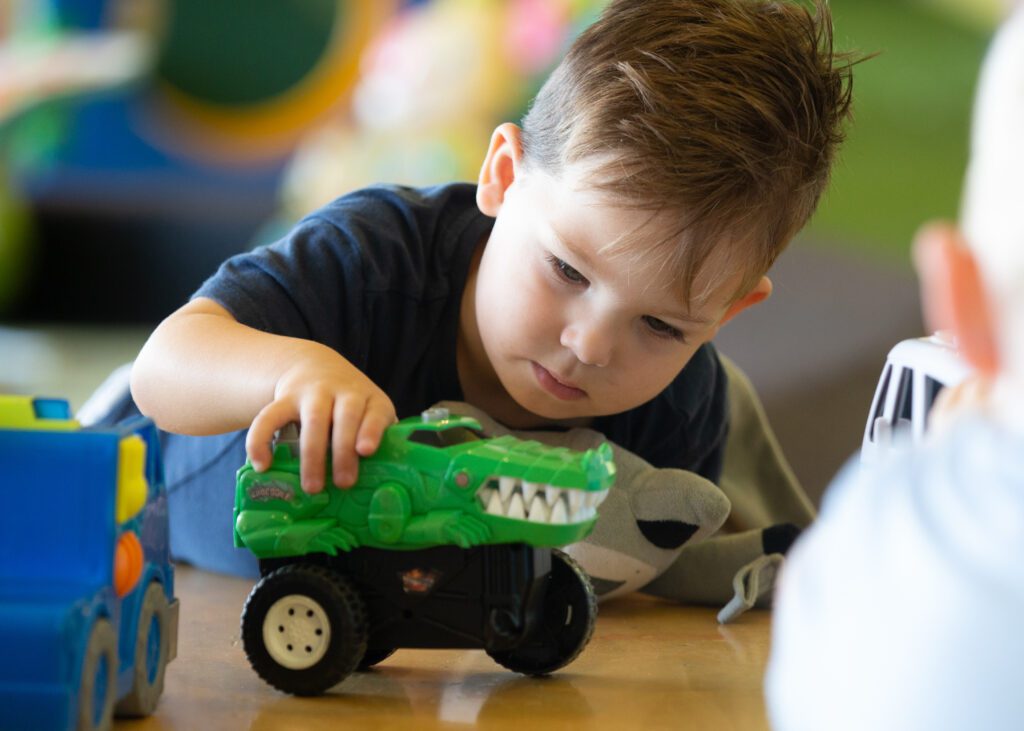
Raising Curious Kids: How to Set Up a Play-and-Learn Space at Home
There’s something magical about watching your child play with deep focus — building, sorting, chatting to their toys, lost in their own world. It’s in those quiet moments that real learning is happening. And the good news? You don’t need a fancy playroom or a house full of toys to make it happen.
At Kids Academy, our classrooms are carefully designed to spark curiosity, creativity and confidence through purposeful play. But those same kinds of learning moments can happen in your living room, too — with just a bit of thought and a cosy corner carved out just for them.
This post will help you create a simple, engaging play-and-learn space at home — without spending a fortune — using the same learning zone principles our educators use every day.